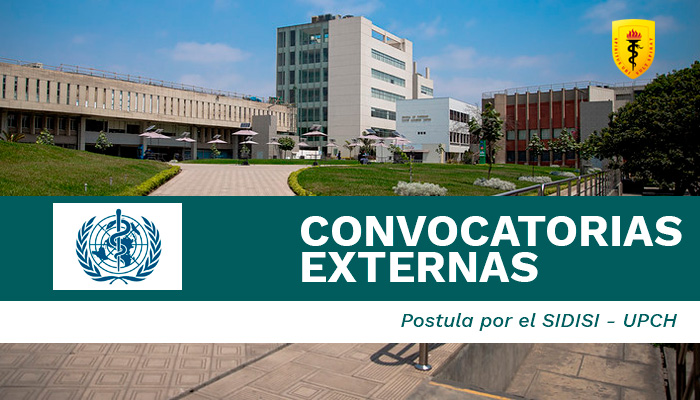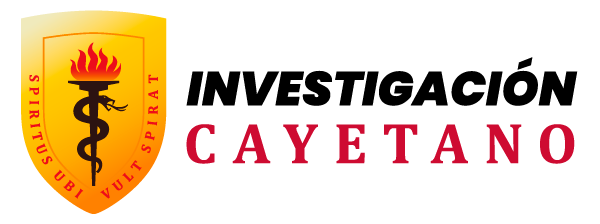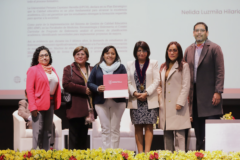Implementation research for the prevention and control of noncommunicable diseases

Areas

Areas
Types of intervention:
• Implementation of multiple interventions or service packages for priority NCDs (such as WHO PEN or HEARTS package);
• Innovative (such as digital technology), municipal and communitybased solutions to address critical challenges and barriers of delivering NCD services;
• Strengthening health systems and primary health care to provide NCD services; • Integrated services through people-centred primary health care approaches;
• Integration with other disease services (platform or programme) – such as mental health, HIV, TB, RMNCH, severe NCDs, or neglected tropic diseases – to maximize impact;
• Effective models of care, including evolution and changing strategy to meet new priorities of the population and improve the performance of the health system; and
• Projects targeting multiple sites/districts within one country, or including multiple countries.
Project proposals should:
• Contain an element of equity and resilience tailored to the essential health care needs of a post-COVID-19 environment;
• Emphasize the engagement of research teams, service providers or clinical teams and local communities through implementation;
• Show potential of generating policy to transform or change of health care practice; and
• Include any technical assistance required to support the development of the research protocol or deliver the research project.
The timeline for the activities for call for proposal is March 2023–March 2024.
The Principal Investigator (PI) must be a researcher based in a research institution in a low- or middle-income country. Priority will be given to countries engaged in existing capacity strengthening activities for NCDrelated implementation research (Ethiopia, Ghana, India, Myanmar, Nepal). Other LMIC countries will be considered based on strength of proposal and funding opportunities. Teams must be gender-balanced with women comprising at least 50% of the research team. Teams must have the ability to engage directly with and coproduce the research with national or subnational health policy-makers. Teams must, in their proposals, be able to demonstrate their plans for engaging with policy-makers.
Itemized budget for the planned activities not exceeding US$ 50 000. The budget should be in US dollars. Please, also provide a summary budget of the total costs broken down by the following categories (not all may be applicable): personnel, supplies/facilities, equipment, communications, travel and per diem, and other (meetings, publications, etc.) Institutional overheads should not exceed 13%. If it is a joint application, please separate the budget for each institution, and provide estimated budget for the project implementation in the study country. Note that the WHO may challenge proposed costs that is does not consider appropriate or do not offer optimal value for money.
Postula por el SIDISI – UPCH: https://intranet.upch.edu.pe/sidisi/convocatoria/public/index/id/383



